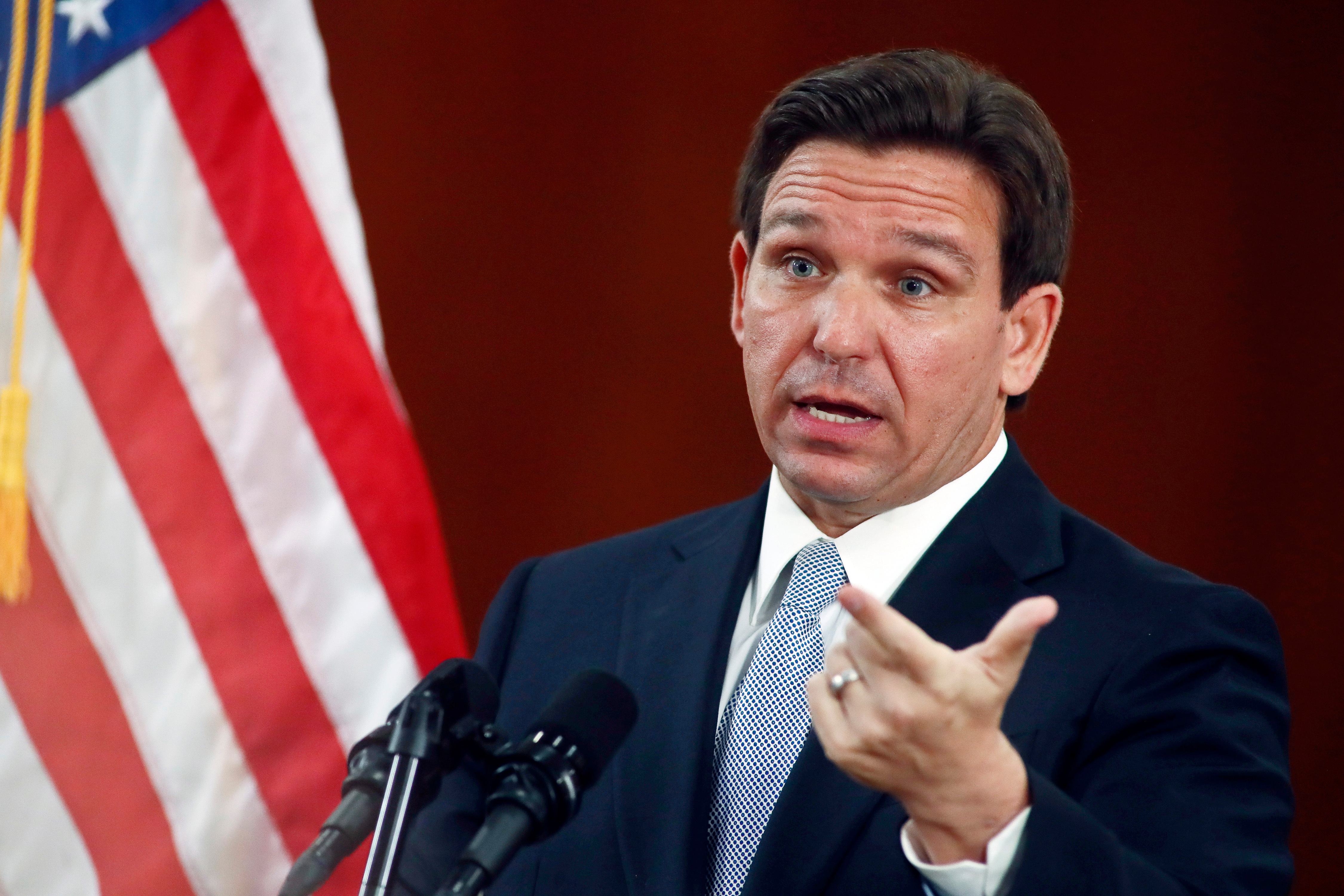Students in Florida this week gained virtually unlimited access to school choice.
Florida Gov. Ron DeSantis (R) signed HB1 on Monday, which expanded the state's preexisting school choice program to all students by eliminating income limits and enrollment caps. Under the new law, well over 3 million Florida school-age children will be eligible to receive a voucher for the amount their local school district would have gotten had they attended the local public school. Families can then use those vouchers to attend a private school, purchase homeschooling resources (if parents are willing to abide by state guidelines) or pay for other school-related costs.
Already, 1.3 million Florida students are attending schools of choice, according to DeSantis. Florida's public school system has benefitted from the competition that school choice offers, making the state 3rd in K-12 Achievement according to Education Week. Alabama, meanwhile, ranked 48th, far behind all of our neighboring states, including Mississippi, which was ranked 35th.
All of Alabama's neighboring states have some type of school choice voucher or education savings account program. Alabama does not.
The Alabama Policy Institute (API), which has been an outspoken supporter of school choice in the Alabama State House for over a decade, wrote in a statement to 1819 News that HB1's passage is "a monumental win for schoolchildren in Florida and continues the educational freedom momentum that is currently sweeping across our nation."
However, API has concerns over the new program stating that the law "leaves homeschooling children behind and is administered and controlled by state public education institutions."
According to API, the Parental Rights in Children's Education Act, or PRICE Act, which would increase school choice in Alabama, doesn't do that.
Instead, the PRICE Act, which was written and developed by a coalition including API, "is a universal school choice bill written to empower parents to make the best decision possible for their children's education" and would be "a financial transaction administered by the State Department of Revenue to enable parents to direct a portion of their tax obligation to the education of their children as they see fit in public school, private school, or in a homeschool setting."
Like in Florida, the PRICE Act would allow families to decide how they want their children to be educated. Unlike Florida, however, Alabama does not have a current program to expand, as every historical attempt to create a voucher or education savings account program has been squashed by the Republican supermajority.
The Florida law takes effect on July 1, meaning eligible families can use the vouchers in the upcoming school year.
The Alabama Legislature returns from spring break next week and can approve the PRICE Act if they desire.
Parker Snider is the operations manager at 1819 News.
Don't miss out! Subscribe to our newsletter and get our top stories every weekday morning.










